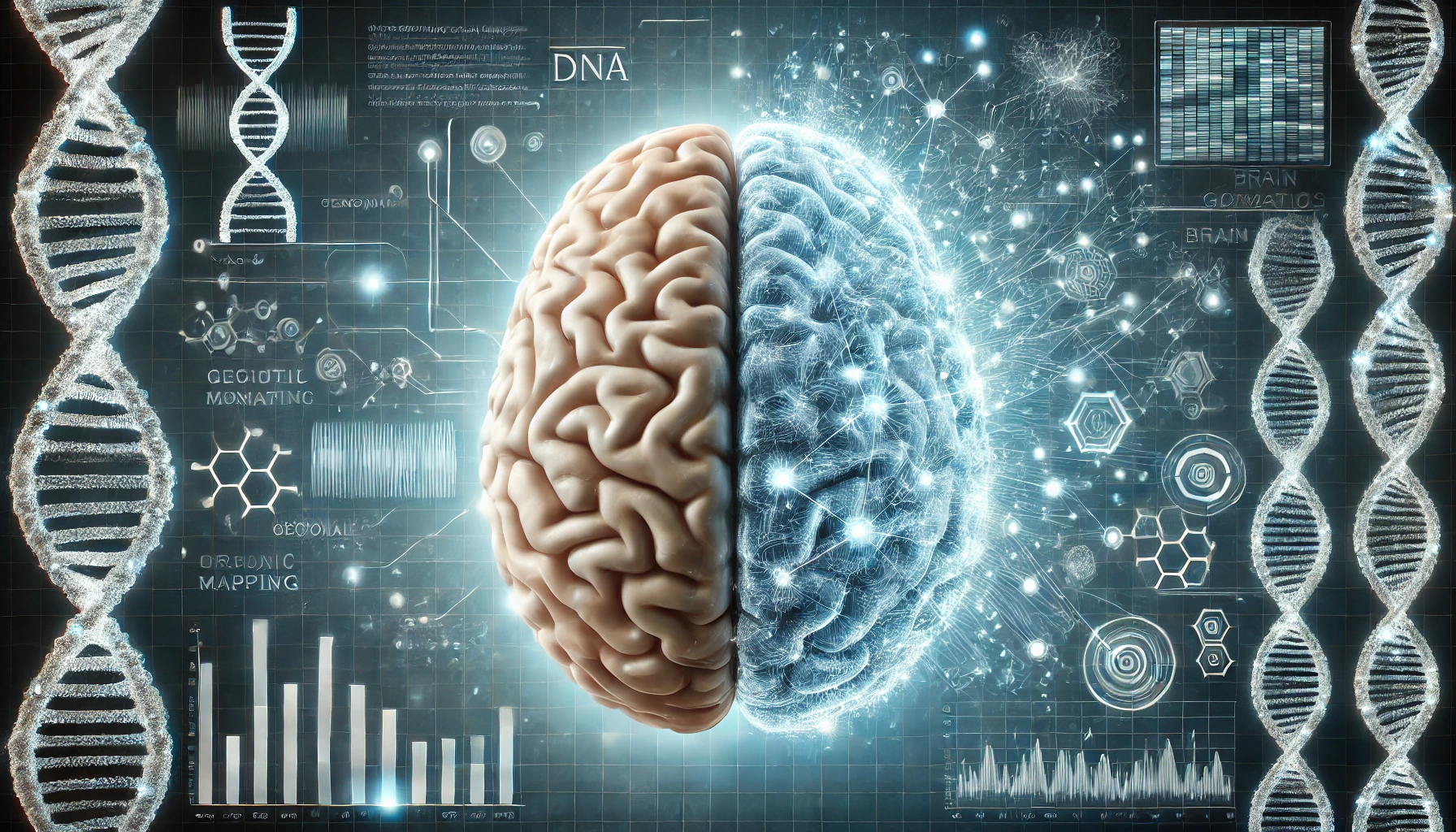Mapping the Brain's Genome: The Next Frontier in Personalized Neurology

Introduction: Decoding the Brain’s Blueprint
Imagine if you could peer into the intricate wiring of your brain, like looking at a map to find the exact location of every thought, emotion, or quirk that makes you... well, you! Scientists are now on the verge of doing just that by mapping out the brain’s genome. This isn't some futuristic sci-fi, but a real breakthrough in understanding neurological disorders like Alzheimer’s, schizophrenia, and even the reasons why we sometimes forget where we put our car keys. With each person’s brain being as unique as a fingerprint, the idea of personalized brain therapies based on genomic data is turning heads in the neurology world. So, what does this mean for the future of brain health? Let’s dive in.
What’s the Buzz About Brain Genomics?
Alright, let’s break it down. The human brain is incredibly complex, packed with billions of neurons firing off in different directions, like a chaotic yet perfectly synchronized orchestra. But what if we could identify the exact ‘musical score’ behind every neural performance? That’s where brain genomics comes into play. Researchers are starting to map the genome of the brain, which means understanding the unique DNA sequences that impact how our brain develops, functions, and even malfunctions. By identifying genetic variants, scientists can pinpoint what makes certain individuals more prone to disorders like Alzheimer’s or schizophrenia. But it doesn’t stop there. By understanding these genetic codes, we could potentially predict, prevent, and personalize treatments for neurological conditions. Talk about giving your brain a VIP treatment!
From Alzheimer’s to Schizophrenia: Tailoring Brain Therapies
Let’s get specific. Alzheimer’s and schizophrenia are two of the most challenging neurological conditions that baffle scientists to this day. Alzheimer’s is notorious for gradually erasing a person's memories, while schizophrenia can distort reality with hallucinations and delusions. But thanks to brain genomic mapping, researchers are identifying the specific genes involved in these disorders. Imagine being able to tailor a treatment plan based on your brain’s unique genetic makeup, like a designer suit made just for your neurons. A recent study even suggested that targeting certain gene mutations could slow down Alzheimer’s progression or reduce the severity of schizophrenia symptoms. Who knew that understanding your genetic blueprint could help untangle some of the brain’s biggest mysteries?
The Future of Personalized Neurology: Your Brain, Your Rules
So, what’s the endgame here? Personalized brain therapies. Yes, you heard that right. Just like personalized medicine is revolutionizing how we treat cancer and other diseases, personalized neurology could become the norm. Imagine walking into a neurologist’s office, and instead of generic treatment plans, you receive a therapy designed specifically for your brain’s genome. Maybe it’s a tailored medication to keep your neurons firing optimally, or perhaps it’s a gene-editing treatment that fixes the glitches in your DNA. The possibilities are endless. But it’s not just about treating disorders—it’s about optimizing brain health for everyone. Whether you’re dealing with a neurological condition or just looking to keep your brain sharp, genomic mapping could offer insights into how to keep your brain running at peak performance.
Challenges on the Horizon: Ethics and Access
Of course, with every great breakthrough comes a set of challenges. Personalized brain therapies sound amazing, but they also raise ethical questions. Who gets access to this information? Will it be available to everyone or just those who can afford it? And what about privacy concerns? Having a map of your brain’s genome is like having access to your most intimate secrets. How do we ensure that this data is used responsibly? As the science advances, these questions will need to be addressed to ensure that everyone can benefit from this incredible leap forward in neurology. The future is exciting, but it’s also filled with unknowns.
What’s Next for Brain Genomics?
As we stand on the cusp of this new frontier in personalized neurology, one thing is clear: the potential is enormous. From preventing Alzheimer’s to treating schizophrenia, mapping the brain’s genome could open up a whole new world of possibilities for brain health. But we’re only at the beginning of this journey. The next steps will involve more research, more ethical discussions, and more breakthroughs. So, the question is, are we ready for a future where your brain’s genome could hold the key to your neurological health?
Conclusion: Ready for the Brainy Future?
The mapping of the brain’s genome is more than just a scientific curiosity—it’s the next big leap in personalized neurology. With the potential to tailor treatments to each person’s unique neurological blueprint, we’re looking at a future where brain health becomes as personalized as your Netflix recommendations. But as with all great advancements, we need to tread carefully, ensuring that this technology is used ethically and is accessible to everyone. So, what do you think? Could mapping your brain’s genome unlock the mysteries of your mind, or is this just another step into the unknown?



